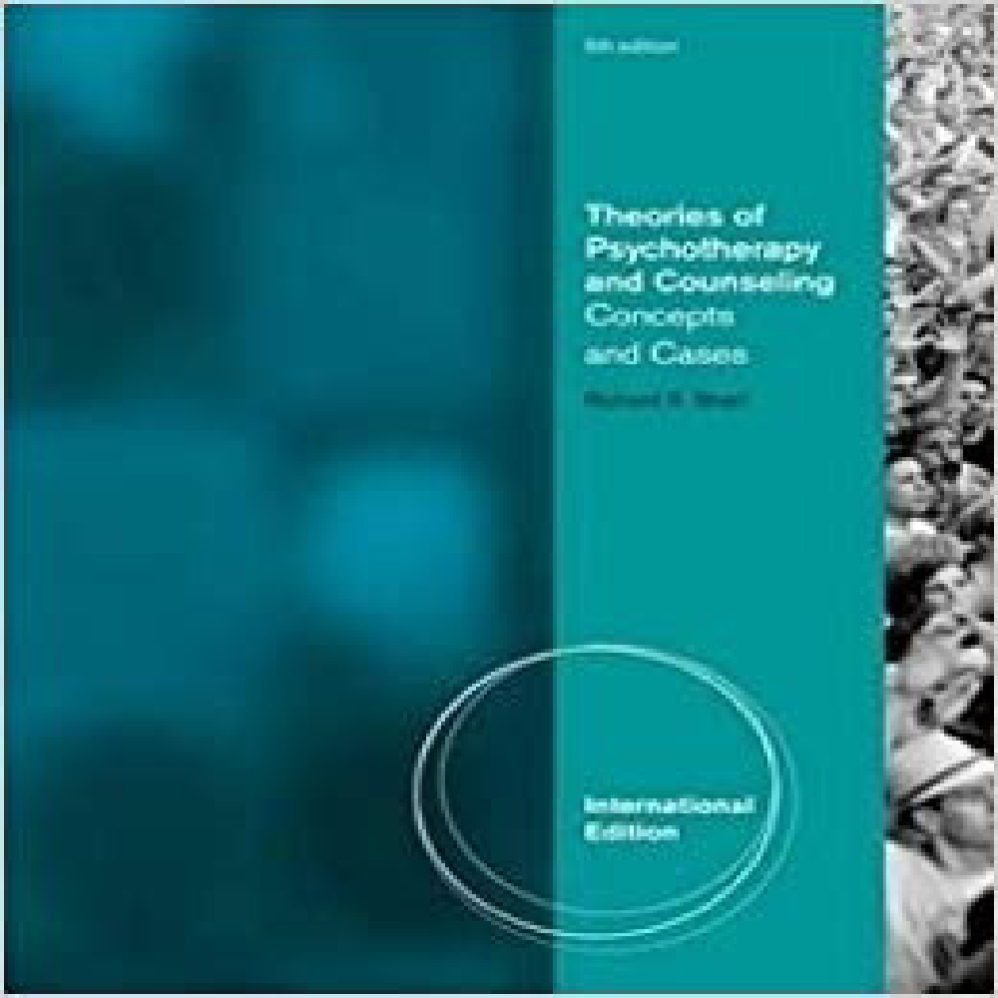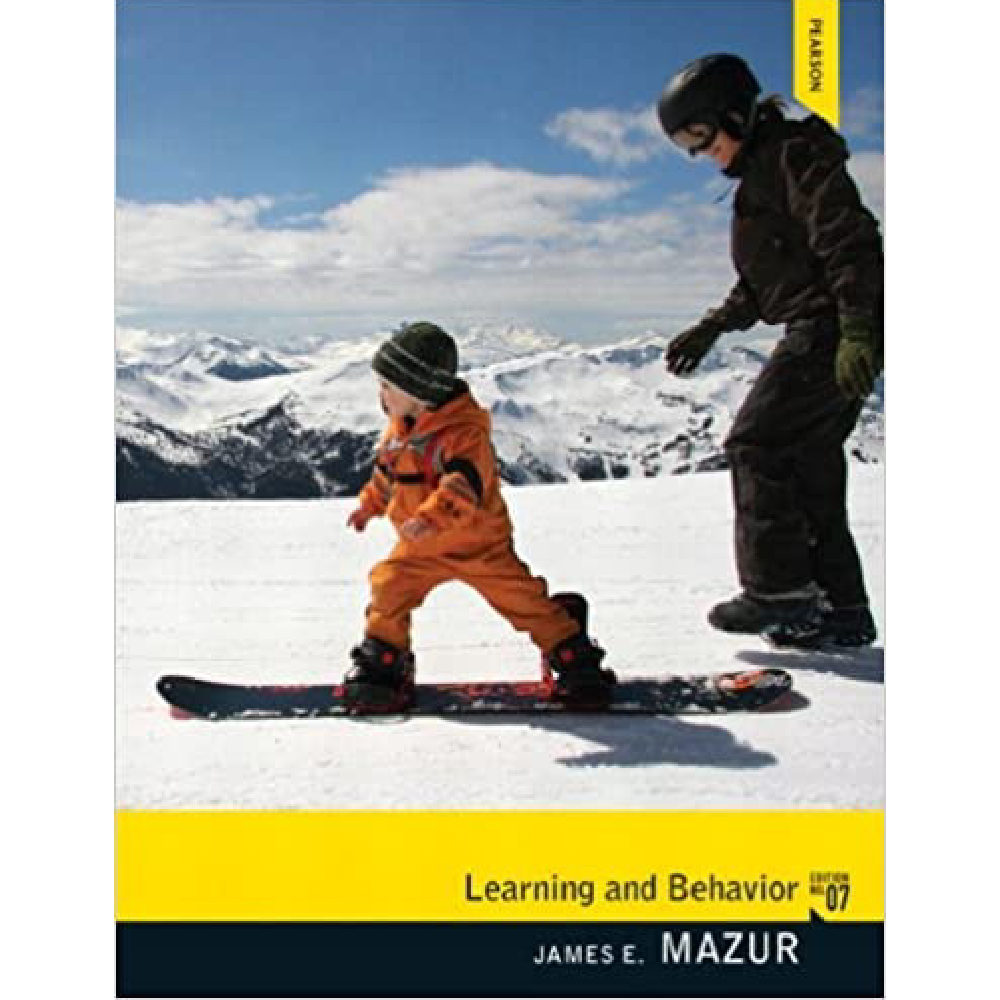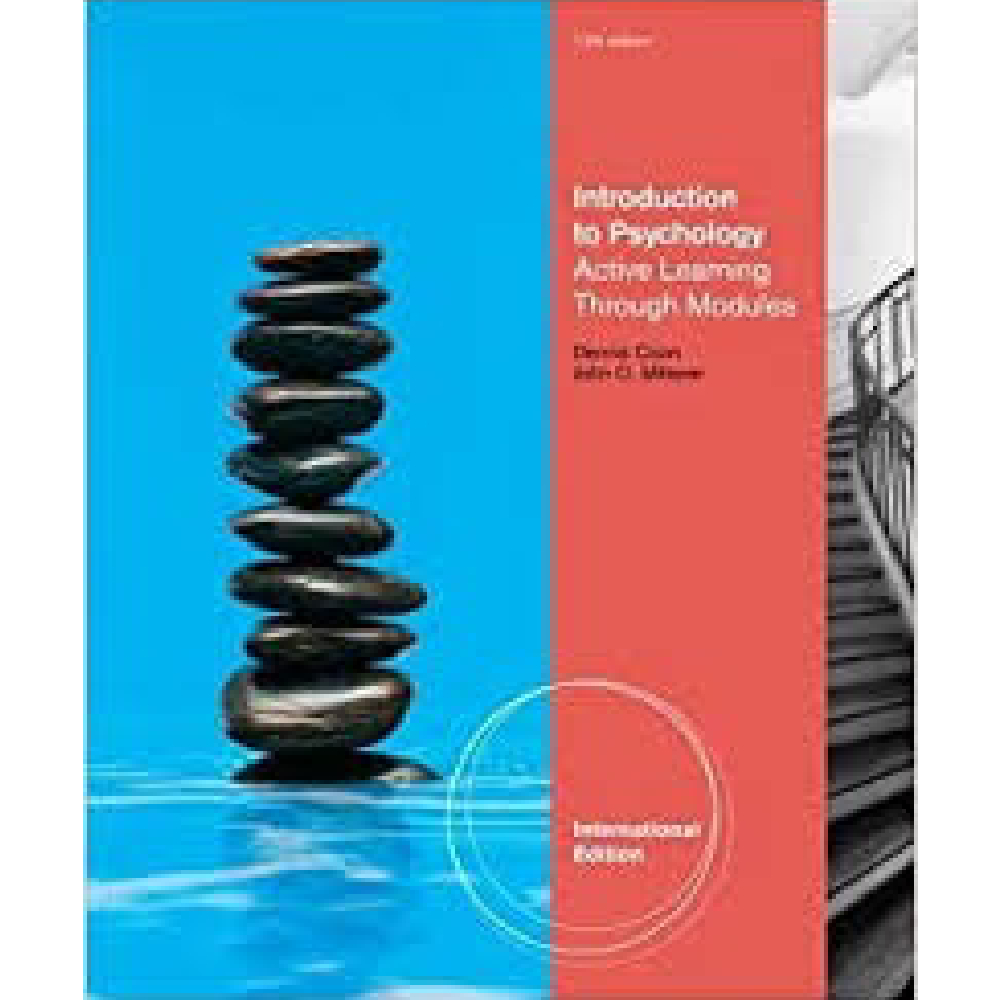Introduction To Psychology Active Learning Through Modules, International Edition 12th Edition By Dennis Coon – Test Bank
$55.00
Introduction To Psychology Active Learning Through Modules, International Edition 12th Edition By Dennis Coon – Test Bank
You will receive this product within 24 hours after placing the order
Introduction to Psychology Active Learning through Modules, International Edition 12th Edition By Dennis Coon – Test Bank
Chapter 11: Human Personality
Module 11.1
MULTIPLE CHOICE
1. When desirable or undesirable characteristics of personality are evaluated, we are assessing
a. temperament.
b. character.
c. personality types.
d. popular stereotypes.
ANS: B DIF: Moderate REF: Module 11.1 MSC: TYPE: Fact
2. Which of the following statements pertains to character as opposed to personality?
a. “Eddie is a good guy. He’s honest and dependable.”
b. “Judy tends to be withdrawn. She rarely enjoys being with others.”
c. “Juanita loses her temper easily and cools off slowly.”
d. “As a group, Americans are less restrained than the British.”
ANS: A DIF: Difficult REF: Module 11.1 MSC: TYPE: Application
3. The description of a person’s character implies
a. the use of rating scales.
b. the use of multiple observers.
c. the use of situational testing.
d. judgment about the desirability of traits.
ANS: D DIF: Moderate REF: Module 11.1 MSC: TYPE: Concept
4. A subjective evaluation of a person is referred to as
a. personality.
b. character.
c. temperament.
d. a trait critique.
ANS: B DIF: Moderate REF: Module 11.1 MSC: TYPE: Fact
5. When you describe your friend as being outgoing, funny, honest, dependable, and just an “all-around good guy,” you are referring to attributes of
a. character.
b. temperament.
c. the superego.
d. the ideal self.
ANS: A DIF: Difficult REF: Module 11.1 MSC: TYPE: Application
6. The term “character” refers to
a. the hereditary aspects of one’s emotional nature.
b. unique and enduring behavior patterns.
c. favorable and unfavorable personal characteristics.
d. one’s temperament.
ANS: C DIF: Moderate REF: Module 11.1 KEY: www
MSC: TYPE: Fact
7. An individual’s unique and enduring patterns of thinking, feeling, and behaving is called
a. personality.
b. character.
c. somatotype.
d. phenotype.
ANS: A DIF: Easy REF: Module 11.1 KEY: *
MSC: TYPE: Fact
8. In psychology, the term personality implies that individual patterns of behavior are both stable and
a. universal.
b. desirable.
c. unique.
d. inherited.
ANS: C DIF: Moderate REF: Module 11.1 MSC: TYPE: Fact
9. The term personality refers to
a. the hereditary aspects of one’s emotional nature.
b. unique and enduring behavior patterns.
c. favorable and unfavorable personal characteristics.
d. charisma, character, or temperament.
ANS: B DIF: Moderate REF: Module 11.1 MSC: TYPE: Fact
10. Psychologists regard personality as unique and
a. changing.
b. enduring.
c. rigid.
d. flexible.
ANS: B DIF: Moderate REF: Module 11.1 MSC: TYPE: Fact












Reviews
There are no reviews yet.